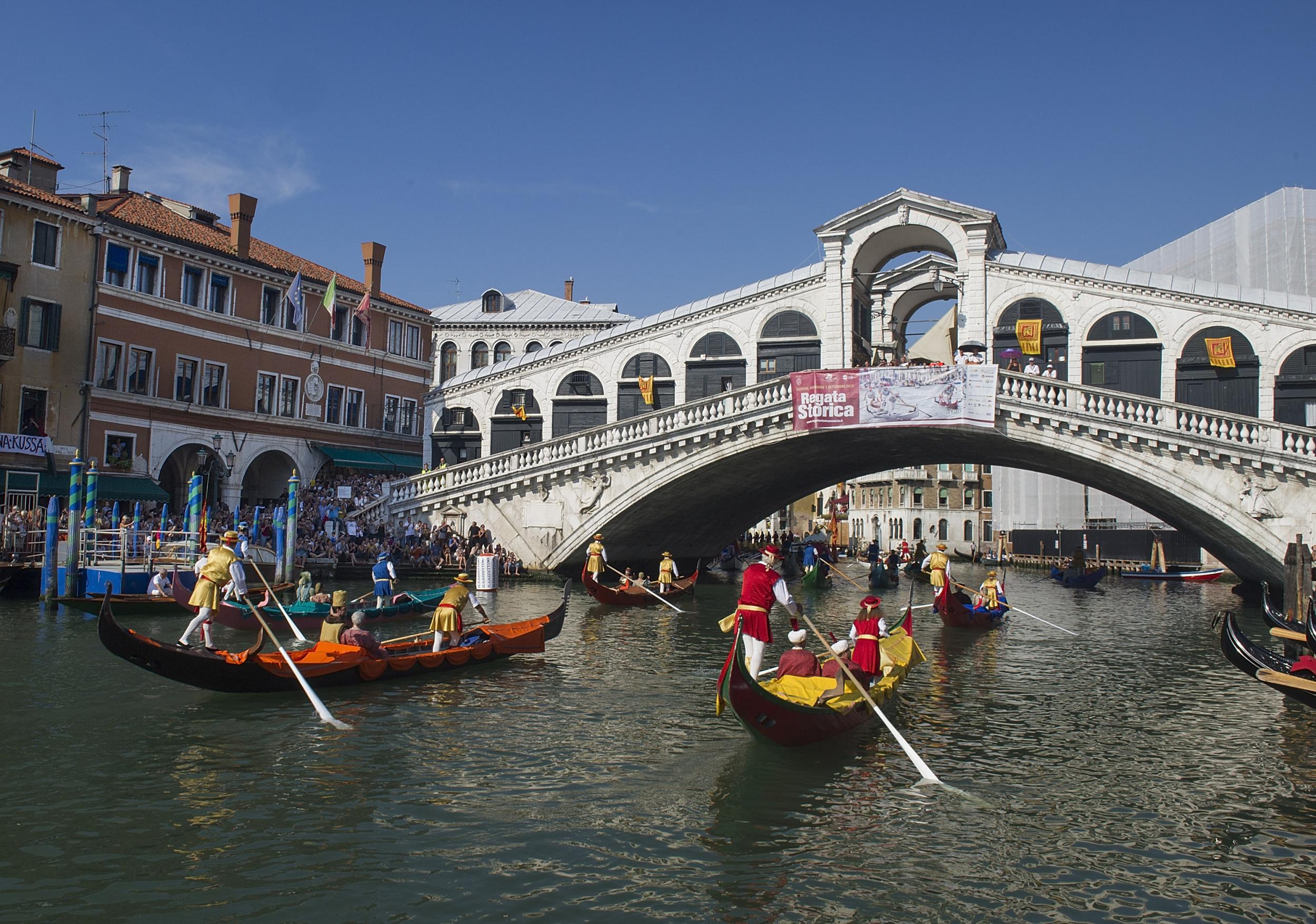Venice bans new hotels as tourist crackdown continues
No more tourist accommodation for the city

Your support helps us to tell the story
From reproductive rights to climate change to Big Tech, The Independent is on the ground when the story is developing. Whether it's investigating the financials of Elon Musk's pro-Trump PAC or producing our latest documentary, 'The A Word', which shines a light on the American women fighting for reproductive rights, we know how important it is to parse out the facts from the messaging.
At such a critical moment in US history, we need reporters on the ground. Your donation allows us to keep sending journalists to speak to both sides of the story.
The Independent is trusted by Americans across the entire political spectrum. And unlike many other quality news outlets, we choose not to lock Americans out of our reporting and analysis with paywalls. We believe quality journalism should be available to everyone, paid for by those who can afford it.
Your support makes all the difference.Another week, another crackdown on tourism from the powers that be in Venice. After banning kebab shops and introducing plans to restrict entry to Piazza San Marco, city authorities have approved plans to ban new hotels from opening in La Serenissima.
The ban – expected to be confirmed this week – will prevent developers from converting buildings into tourist accommodation (whether hotels or B&Bs), or making extensions to those already in existence. Instead, applications will have to be made on a case-by-case basis.

“The situation is fairly weighty,” Massimiliano De Martin, the assessor, told local paper Corriere del Veneto. “It is a key resolution for our mandate, and puts us in line with Unesco policy.” In the historic centre, he added, there are already 25,400 rooms for rent.
It’s a bold move for the city, which in recent years has seen major conversion projects bringing global brands to the city. 2015 saw the opening of the JW Marriott, based in a former hospital on its own private island. Before that, Aman took up residence in a (formerly residential) renaissance palazzo on the Grand Canal, and Hilton converted the former Stucky flour mill into the city’s largest hotel. Even local brand the Bauer has converted a Palladio-designed convent into a hotel, Bauer Il Palladio.
However, the plans are not expected to cover the islands beyond the city centre – meaning that places such as Giudecca, the Lido and as-yet-unconverted private islands will be the only way forward for new hotels to open.
The ruling does not include private rentals such as Airbnb, which are increasingly controversial in a city which is haemorrhaging locals. It is thought that a separate ruling may be devised for them.
One Venetian resident told The Independent: “I think we need to find different solutions and not keep on building hotels. We need proper discussions about how to accommodate tourists year-round, and more real information about the city in the world at large.”
Unesco is expected to call a moratorium next month over adding Venice to its “at risk” list, where it would join the likes of Aleppo and Damascus. The city’s fate will be discussed in July by the World Heritage Committee.
Join our commenting forum
Join thought-provoking conversations, follow other Independent readers and see their replies
Comments